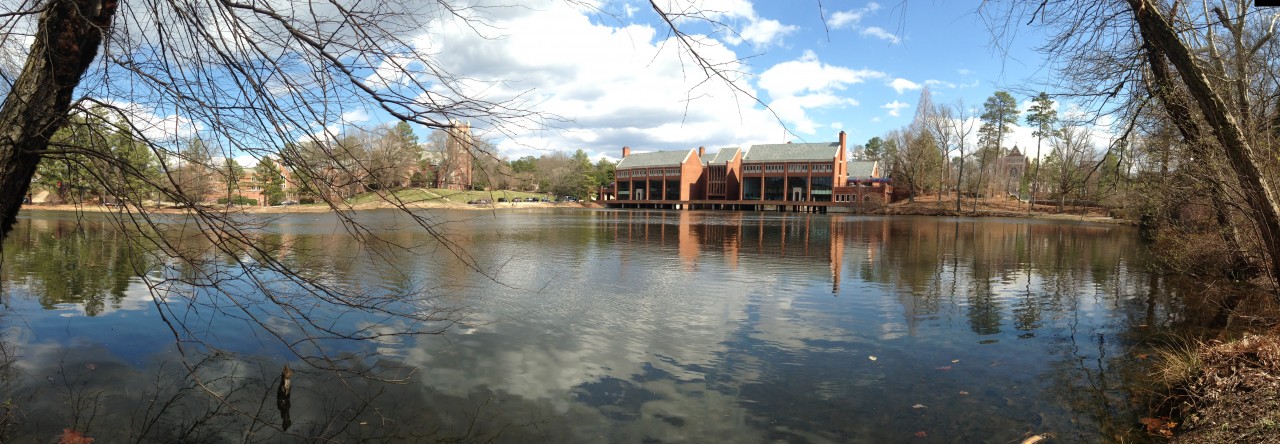The Cayo Santiago Biological Station is an NIH-funded facility of the University of Puerto Rico located in Humacao, Puerto Rico. The station houses over 1,500 free-ranging rhesus macaques. The rhesus macaque population is managed with minimal intervention to support non-invasive research. The capture-released program in Cayo Santiago has produced one of the most extensive demographic datasets for a nonhuman primate in the world, supporting extensive research since 1940’s. During the 2017 hurricane season, the island of Cayo Santiago was hit by Hurricane María, rising concerns regarding the impacts of such perturbation on the viability of the population. We aim at studying the demographic effects of Hurricane María on Cayo Santiago rhesus macaques making inferences on the viability of the population using matrix population models.
Research group: Grayson lab
Term: Summer research
Research focus: Population Ecology
Research objective: To study the demographic effects of Hurricane María on the Cayo Santiago rhesus macaque population
Requirements: We ask students to have a strong interest in quantitative biology and to be comfortable working in R (NO full proficiency required). Students genuinely interested in developing skills in R are welcome to approach us. No field work required.
Contacts: Dr. Kristine Grayson kgrayson@richmond.edu
Dr. Raisa Hernández rhernan2@richmond.edu
